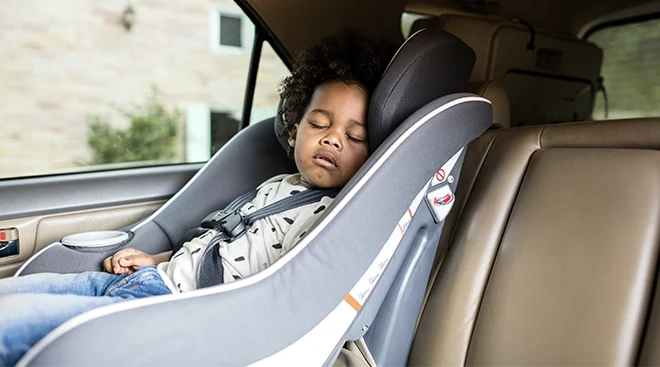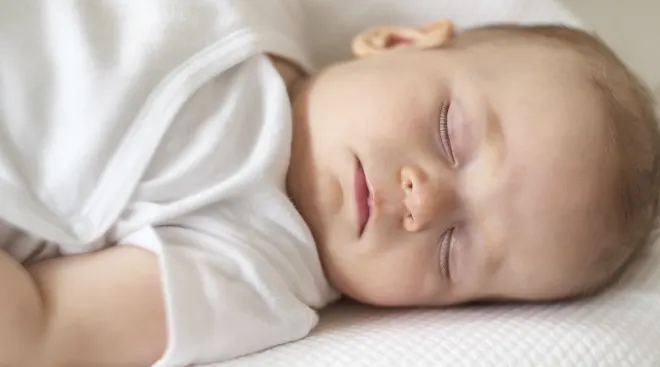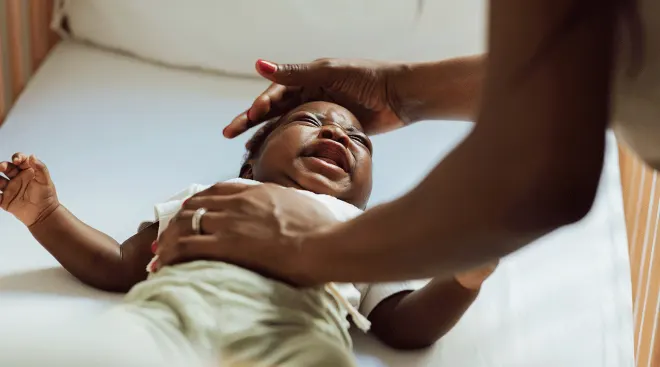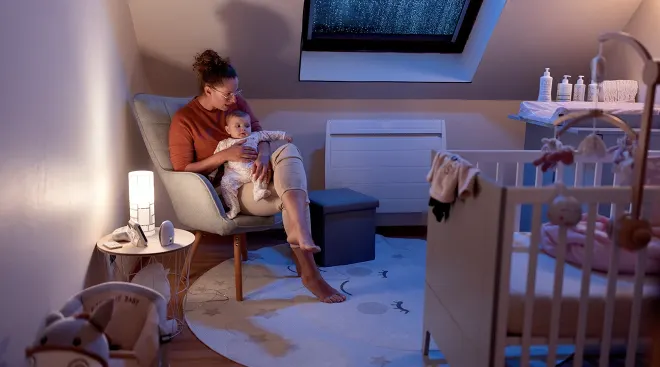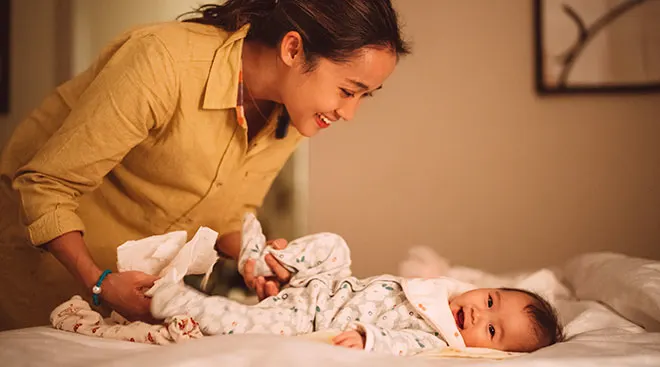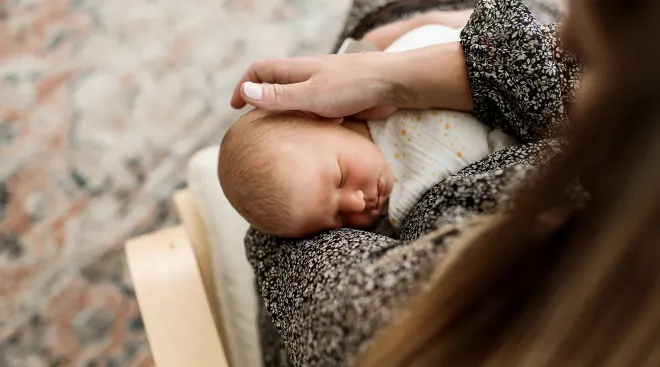AAP: Letting Baby Sleep in the Car Seat When Not Traveling Can Be Fatal
Sitting devices—car seats, bouncers and swings—are life-savers for many parents with babies. But when used improperly for routine sleep, these devices are responsible for several hundred of sleep-related deaths, according to the American Academy of Pediatrics (AAP).
On average, 3,500 infants die every year from sleep-related deaths. These include sudden infant death syndrome (SIDS), accidental suffocation and strangulation in bed, as well as others. In a 10-year study analyzing 11,700 infant sleep-related deaths, the AAP found that 3 percent (348) of babies died in sitting devices, and most of the time the infants were in car seats. What’s more alarming, 90 percent of the time, the car seats were not being used as intended. The average age for infants deaths was just 2 months old.
“While car seats are always the best place for babies when they are being transported in a vehicle, that doesn’t mean they are the safest place when they’re sleeping outside of the car,” says study co-author Jeffrey D. Colvin, MD, JD, FAAP. Parents should instead bring along a portable crib or bassinet for baby to sleep in once arriving to their destination.
While sitting devices are designed for activities, such as transportation, feeding and play, moms and dads sometimes end up inappropriately relying on them as fillers for a crib or bassinet. But doing so can lead to death—infants can fall from the product, flip onto a soft surface and suffocate or can be injured or killed with improper buckling of car seat straps. The AAP recommends babies be placed in a supine position for sleep until reaching 1 year old, and sitting devices should not be used for routine sleep.
In the study, the AAP classified the following as sitting devices: car seats, strollers, bouncers, swings and other infant seats. Non-sitting devices included cribs and bassinets. For the study, the researchers considered who was the primary caregiver at the time of death, where it happened, objects in the environment, as well as other risk factors.
Most deaths in sitting devices occurred at home and under the supervision of a parent. More than three-fourths of babies who died in sitting device also had at least one risk factor, and more than half had two or more risk factors.
In 2019, more than 4 million Rock ‘n Play Sleepers from Fisher-Price were recalled after the deaths of at least 32 infants were reported. Some of the infants who died in the Rock ‘n Play Sleepers rolled over while unrestrained, and others were unable to breathe because of their position.
Babies should not be placed on an incline to sleep. In fact, in May 2022, new legislation banned the sale, manufacture and distribution of inclined sleepers. With the head elevated, an infant is in a position that could lead to asphyxia. The straps on such products also can strangle infants. In addition, the AAP does not recommend any products for sleep that require restraining a baby, especially if the product also rocks.
The AAP hopes its report will remind parents about the importance of safe sleep environments.
Please note: The Bump and the materials and information it contains are not intended to, and do not constitute, medical or other health advice or diagnosis and should not be used as such. You should always consult with a qualified physician or health professional about your specific circumstances.
Navigate forward to interact with the calendar and select a date. Press the question mark key to get the keyboard shortcuts for changing dates.
































